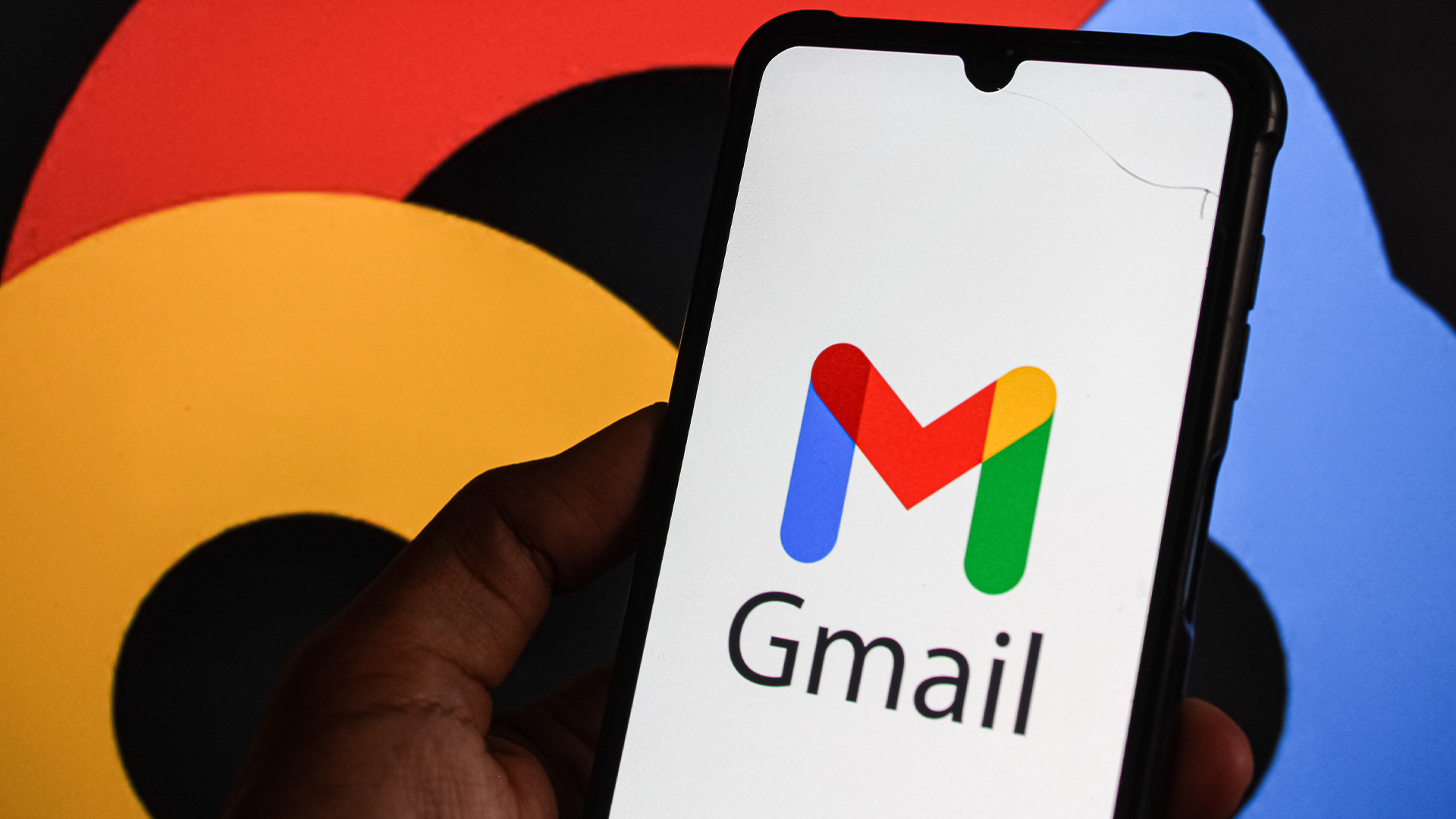Google spent $10 million on bug bounty payouts last year — here's what flaws researchers uncovered
Google’s Vulnerability program paid rewards to 600 researchers in 2023, with Android flaws earning a third of the total


Sign up today and you will receive a free copy of our Future Focus 2025 report - the leading guidance on AI, cybersecurity and other IT challenges as per 700+ senior executives
You are now subscribed
Your newsletter sign-up was successful
Google paid out over $10 million in the last year to researchers who reported bugs to its vulnerability rewards program.
Google’s bug program has been running since 2010. The idea is that, if security researchers find a flaw in Google’s software, they have somewhere to report their findings and are able to claim a monetary reward.
There are various different programs covering specific Google technologies, with different potential payouts. At the top end Google has offered a $1m reward, open to researchers who can find a remote exploit for its Pixel Titan M that can be triggered with zero clicks.
In contrast, a high-quality report on a memory corruption in a non-sandboxed process in Chrome will earn you $40,000, while other bugs will pay much less.
Google said that, across 2023, it paid out $10 million to more than 600 researchers across 68 countries. That’s down significantly from 2022 when it paid out $12 million.
The amount that Google spends on these rewards has been growing steadily for years, however. In 2018, it only stood at $3.4 million. Since 2010 Google has spent $59 million on rewards.
The biggest payout in 2023 was $113,337. The tech giant did not say what vulnerability was discovered in this case. By comparison, the highest reward in 2022 was $605,000 – also the highest single payout ever – for a bug covered by the Android vulnerability program.
Sign up today and you will receive a free copy of our Future Focus 2025 report - the leading guidance on AI, cybersecurity and other IT challenges as per 700+ senior executives
Google has sharpened its focus on Android flaws
A third of the spending last year, $3.4 million, went to payouts for the Android vulnerabilities, Google said. The company increased its maximum reward for critical Android vulnerabilities to $15,000 last year, and added Wear OS to the program to encourage security research in wearable technology.
Google said it has seen a “sharpened focus” on higher severity Android issues as a result of changes it has made to the program.
It said one live hacking event for Wear OS and Android Automotive OS resulted in $70,000 in rewards for researchers who found more than 20 critical vulnerabilities

The firm also spent $2.1 million in rewards for security researchers who delivered 359 unique reports of Chrome browser security bugs. That’s down from 2022 when Chrome bugs saw rewards of over $4 million issued.
Part of the reason for that is that, with Chrome 116, Google introduced MiraclePtr, a technology to prevent exploitation of use-after-free bugs.
This had the knock-on effect of making it harder to find fully exploitable non-renderer use-after-free bugs in Chrome and resulted in lower reward amounts for MiraclePtr-protected bugs.
Google said that while code protected by MiraclePtr is expected to be resilient to the exploitation of non-renderer use-after-free bugs, it has launched a MiraclePtr Bypass Reward to encourage research on potential ways around this new protection.
RELATED WHITEPAPER

It also launched a ‘full chain exploit bonus’, offering triple the standard full reward amount for the first Chrome full-chain exploit reported and double the standard full reward amount for any follow-up reports.
To be rewarded, the full chain exploit must result in a Chrome browser sandbox escape, with a demonstration of attacker control or code execution outside of the sandbox.
Google said both of these large rewards are still unclaimed, so it is leaving the door open in 2024 for any researchers looking to take on these challenges.

In 2023, the Chrome program also increased rewards for V8 bugs in older channels of Chrome, with an additional bonus for bugs existing before 105.
Google said this resulted in “a few very impactful reports of long-existing V8 bugs, including one report of a V8 JIT optimization bug in Chrome since at least 91”, which resulted in a $30,000 reward for that researcher.
Google is also looking at generative AI security, running a live-hacking event targeting its large language model products which generated 35 reports, and more than $87,000 in rewards.
The company recently published its criteria for bugs in AI products which aims to make it easier to search for traditional security vulnerabilities as well as risks specific to AI systems.
Categories include ‘prompt attacks’, ‘manipulating models’ and ‘adversarial perturbation.’
Google isn’t the only company that runs a bug reward program. Between July 2018 and June 2023, Microsoft paid out $58.9 million in rewards.
Steve Ranger is an award-winning reporter and editor who writes about technology and business. Previously he was the editorial director at ZDNET and the editor of silicon.com.
-
 Microsoft Copilot bug saw AI snoop on confidential emails — after it was told not to
Microsoft Copilot bug saw AI snoop on confidential emails — after it was told not toNews The Copilot bug meant an AI summarizing tool accessed messages in the Sent and Draft folders, dodging policy rules
-
 Cyber experts issue warning over new phishing kit that proxies real login pages
Cyber experts issue warning over new phishing kit that proxies real login pagesNews The Starkiller package offers monthly framework updates and documentation, meaning no technical ability is needed
-
 Former Google engineer convicted of economic espionage after stealing thousands of secret AI, supercomputing documents
Former Google engineer convicted of economic espionage after stealing thousands of secret AI, supercomputing documentsNews Linwei Ding told Chinese investors he could build a world-class supercomputer
-
 Everything you need to know about Google and Apple’s emergency zero-day patches
Everything you need to know about Google and Apple’s emergency zero-day patchesNews A serious zero-day bug was spotted in Chrome systems that impacts Apple users too, forcing both companies to issue emergency patches
-
 Google wants to take hackers to court
Google wants to take hackers to courtNews You don't have a package waiting for you, it's a scam – and Google is fighting back
-
 Google says reports of a 'huge' Gmail breach affecting millions of users are false, again
Google says reports of a 'huge' Gmail breach affecting millions of users are false, againNews Reports of a major Gmail affecting millions of users have been flooding the web this week – Google says they're "false" and you've nothing to worry about.
-
 This new Android attack could let hackers swipe 2FA codes and snoop on private messages – ‘Pixnapping’ affects Samsung and Google smartphones, but experts warn more could be at risk
This new Android attack could let hackers swipe 2FA codes and snoop on private messages – ‘Pixnapping’ affects Samsung and Google smartphones, but experts warn more could be at riskNews Pixnapping allows attackers to steal two-factor authentication (2FA) codes, private messages, and even financial information.
-
 Google hits back at 'entirely false' reports of major Gmail security breach
Google hits back at 'entirely false' reports of major Gmail security breachNews Reports of a massive Gmail hack affecting billions of users have been denied by Google
-
 Google cyber researchers were tracking the ShinyHunters group’s Salesforce attacks – then realized they’d also fallen victim
Google cyber researchers were tracking the ShinyHunters group’s Salesforce attacks – then realized they’d also fallen victimNews In an update to an investigation on the ShinyHunters group, Google revealed it had also been affected
-
 A flaw in Google’s new Gemini CLI tool could’ve allowed hackers to exfiltrate data
A flaw in Google’s new Gemini CLI tool could’ve allowed hackers to exfiltrate dataNews The company has moved to fix a vulnerability that allowed the execution of malicious code
